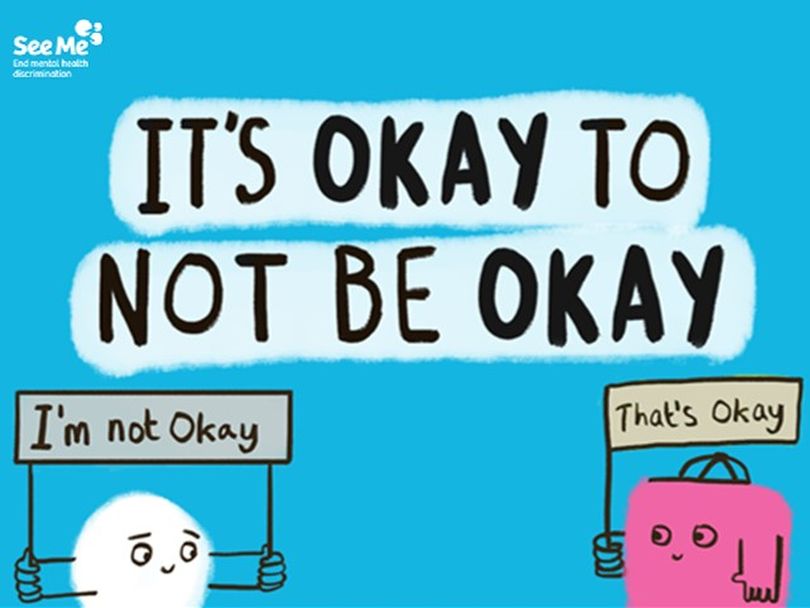
Mental health in the workplace
10th October is World Mental Health Awareness Day. It is a day for global mental health education, awareness and advocacy against social stigma. Mental health is just as important as physical health. This is why I am writing this blog, So Energy and I believe it's ok to talk about mental health.
Mental health is sometimes seen as a taboo subject to many, we’re trying to break that. We feel it’s important to be able to speak to others when you need to, feel secure in your workplace and have help when you need it.
The Government's Department of Health advises that 1 in 4 of us will experience mental ill health at some point in our lives. Therefore, it’s important that employers and their employees take steps to promote positive mental health and support those experiencing mental ill health. We know it's not only important to support our employees but also our customers.

Mental Health Explained
Offering help to our customers is always at the forefront of our customer service team. However, making customers aware we can help more than just picking up the phone or responding to an email. We have the ‘Priority Service Register’ (PSR) this allows customers to inform us of their specific needs/requirements to help them whilst we supply their property with energy. If you require help or assistance, please have a look at our FAQs for more information on PSR - http://bit.ly/SoEnergyPSR
Be it emotional, psychological or social well-being - in or outside of work, our mental state helps us carry out day to day tasks, determines how we handle stress, make choices and relate to others.
Mental ill health ranges from feeling 'a bit down' to common disorders such as anxiety and depression to more severe and less common conditions such as bipolar disorder or schizophrenia.
Most people's mental health will not just be continuously good. It can rise and fall depending on pressures and/or experiences in their life. A person may therefore feel in good mental health generally but also experience stress or anxiety from time to time.
Why addressing mental health is important
People that feel good about themselves often work productively, interact well with colleagues and make a valuable contribution to the workplace.
A recent Chartered Institute of Personnel and Development study highlighted the impact that mental ill health can have on organisations. The study found that:
37% of sufferers are more likely to get into conflict with colleagues
57% find it harder to juggle multiple tasks
80% find it difficult to concentrate
62% take longer to do tasks
50% are potentially less patient with customers/clients.
The study also found that, for the first time, stress is the major cause of long-term absence in manual and non-manual workers.
Further support if you are experiencing mental health issues
If you are experiencing mental ill health there is help and support for you.
Access to work that can provide advice and an assessment of workplace needs if you have a disability or a long-term health condition and are already in work or about to start. Grants may be available to help cover the cost of workplace adaptations to enable you to carry out your job without being at a disadvantage. For more information, go to www.gov.uk/access-to-work.
Improved Access to Psychological Therapies (IAPT) / Wellbeing Services exist in all localities but there's not a single point of access. You should check with your GP surgery to see if this may be available near you.
Mind is the leading mental health charity in England and Wales. Their helpline and website provide information and support to empower anyone experiencing mental ill health and general advice on mental health-related law. For more information, go to www.mind.org.uk or call 0300 123 3393.
NHS choices has a website that offers information and practical advice for anyone experiencing mental ill health. For more information, go to www.nhs.uk/livewell/mentalhealth.
Remploy offers a free and confidential Workplace Mental Health Support Service if you are absent from work or finding work difficult because of a mental health condition. It aims to help people remain in (or return to) their role. For more information, go to www.remploy.co.uk or call 0300 456 8114.
Rethink Mental Illness is the largest national voluntary sector provider of mental health services, offering support groups, advice and information on mental health problems. For more information, go to www.rethink.org or call 0300 500 0927.
Trade unions - if you are a trade union member, you can seek help and guidance from your trade union representative.
Remember it’s ok to talk about mental health.
Share this article